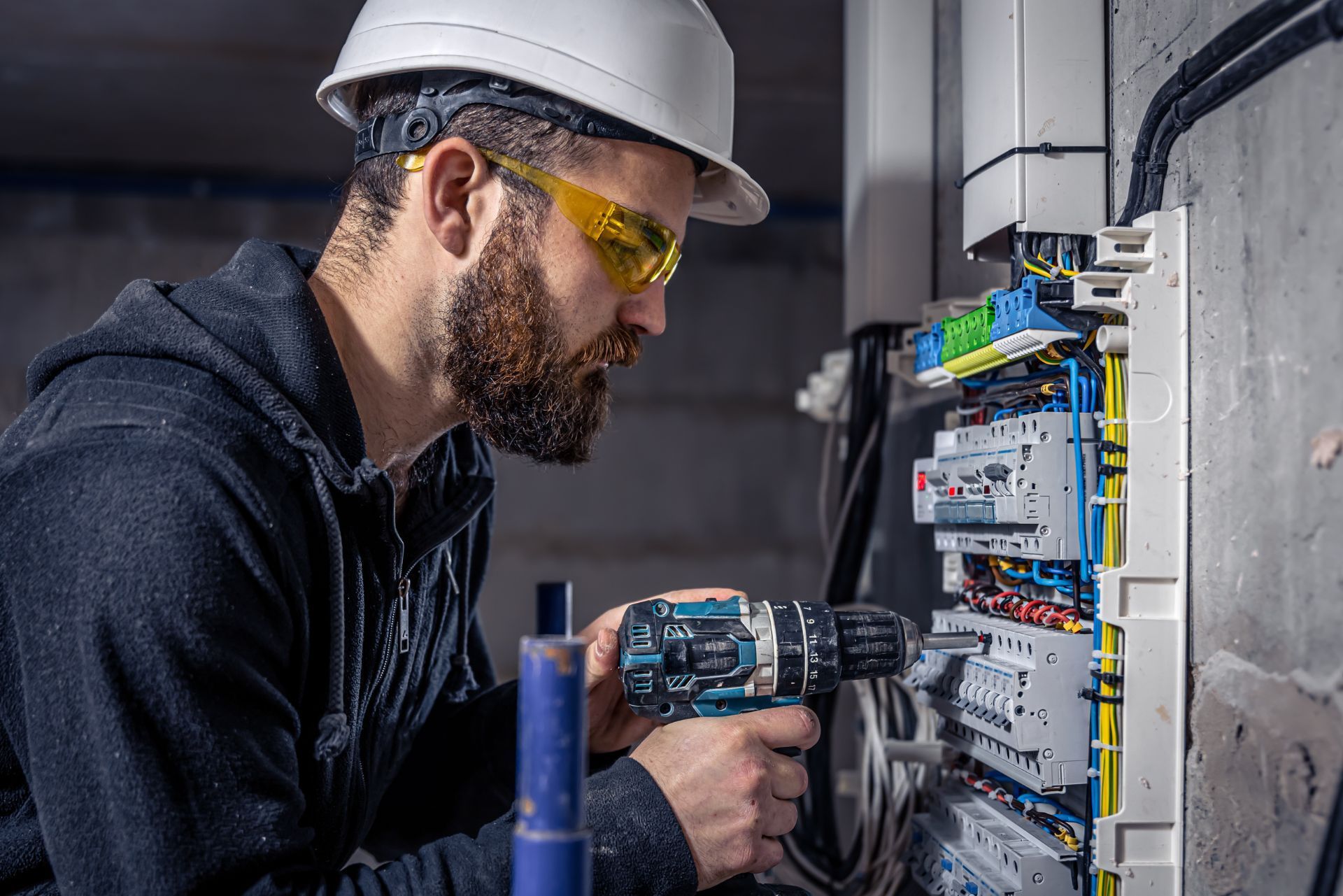Florida Electrician Insurance
8:30am - 5:00pm Mon-Fri
Will Reply in 15min*
Top Recommended Business Insurance Policies

Index
Why Insurance is Crucial for Florida Electricians
Types of Insurance Coverage for Florida Electricians
Legal Requirements and Licensing in Florida
Factors Influencing Insurance Costs for Florida Electricians
How to Choose the Right Insurance Policy
Common Challenges and How to Overcome Them
Contact Us
Phone
Location
6900 Tavistock Lakes Blvd, Suite 400, Orlando FL 32827
For electricians working in Florida, securing the right insurance coverage is not just a smart business move—it’s often a legal and financial necessity. The nature of electrical work involves inherent risks, from accidental injuries to
property damage, making comprehensive insurance essential to protect both the electrician and their clients. This guide covers everything electricians in Florida need to know about insurance, including the types of coverage available, legal requirements, cost factors, and tips for choosing the best policy.
Why Insurance is Crucial for Florida Electricians
Electricians face unique risks on the job. Working with electricity presents dangers such as electrical shocks, burns, and fires, while the physical demands of the job can lead to falls and other injuries. Beyond personal safety, electricians are also exposed to potential liability claims if their work causes property damage or bodily injury to clients or third parties.
In Florida, where residential and commercial construction is booming, electricians often work in diverse environments—from new construction sites to older homes with outdated wiring. This variety increases the unpredictability of risks, making insurance coverage a critical safeguard.
Moreover, many clients and contractors require electricians to carry specific insurance policies before hiring them. Having proper insurance can enhance your credibility, help you win more contracts, and ensure your business remains financially stable in the event of an accident or lawsuit.
In addition to general liability insurance, electricians in Florida should consider specialized policies such as workers' compensation and professional liability insurance. Workers' compensation is vital as it covers medical expenses and lost wages for employees injured on the job, which is particularly relevant in a state where the construction industry is experiencing rapid growth. Professional liability insurance, on the other hand, protects electricians from claims of negligence or failure to deliver services as promised, which can be crucial in a competitive market where reputation is everything.
Furthermore, Florida's unique weather patterns pose additional challenges for electricians. Hurricanes and severe storms can lead to power outages and increased demand for electrical repairs, which not only heightens the risk of accidents but also places electricians in high-pressure situations. Having comprehensive insurance can provide peace of mind, allowing electricians to focus on their work without the constant worry of financial repercussions from unforeseen events. This level of protection is not just a safety net; it is an essential component of a sustainable and thriving electrical business in the Sunshine State.

Types of Insurance Coverage for Florida Electricians
1. General Liability Insurance
General liability insurance is the cornerstone of protection for any electrician. It covers claims related to third-party bodily injury, property damage, and advertising injury. For example, if a client or visitor is injured on your worksite or if your work accidentally damages a client’s property, this insurance helps cover legal fees, medical expenses, and repair costs.
In Florida, general liability policies for electricians typically have coverage limits ranging from $1 million to $2 million per occurrence, depending on the size and scope of the business. This coverage is often mandatory for contractors working on larger projects or with commercial clients. Additionally, many clients may require proof of general liability insurance before hiring an electrician, making it a crucial aspect of establishing credibility and trust in the industry.
2. Workers’ Compensation Insurance
Florida law requires businesses with four or more employees to carry workers’ compensation insurance. This coverage provides benefits to employees who suffer job-related injuries or illnesses, including medical care, rehabilitation, and lost wages. For electricians, whose work involves physical labor and exposure to hazards, workers’ compensation is vital.
Even if you are a sole proprietor with no employees, it’s worth considering workers’ compensation or similar coverage. Some clients may require proof of coverage, and it can protect you if you hire subcontractors or temporary workers. Moreover, having this insurance not only safeguards your employees but also fosters a positive work environment, showing that you value their safety and well-being on the job.
3. Commercial Auto Insurance
Many electricians use vehicles to transport tools and equipment to job sites. Personal auto insurance typically does not cover vehicles used for business purposes, so commercial auto insurance is necessary. This policy covers liability and physical damage related to business vehicles, including vans, trucks, and trailers.
In Florida, where traffic accidents are common, having commercial auto insurance helps protect your business from costly claims resulting from vehicle accidents during work-related travel. Additionally, this coverage can extend to include rental vehicles, providing further flexibility and assurance when your primary vehicle is unavailable or undergoing repairs.
4. Professional Liability Insurance (Errors and Omissions)
While general liability covers physical damages and injuries, professional liability insurance protects electricians against claims of negligence, errors, or omissions in their work. For example, if faulty wiring leads to a fire weeks after the job is completed, this coverage can help cover legal defense and damages awarded.
This type of insurance is particularly important for electricians who provide design, consulting, or inspection services in addition to installation and repair work. As the electrical industry evolves with new technologies and methods, having professional liability insurance ensures that you are prepared for any potential claims that may arise from the complexities of modern electrical systems.
5. Tools and Equipment Insurance
Electricians rely heavily on specialized tools and equipment, which can be expensive to replace if lost, stolen, or damaged. Tools and equipment insurance covers these items, whether they are on-site, in transit, or stored in a vehicle.
Given Florida’s susceptibility to hurricanes and flooding, this coverage can be especially valuable to protect against weather-related losses. Furthermore, having this insurance can provide peace of mind, allowing electricians to focus on their work without the constant worry of potential equipment loss impacting their ability to serve clients effectively.
6. Surety Bonds
While not insurance in the traditional sense, surety bonds are often required for electricians working on public projects or bidding on government contracts in Florida. A surety bond guarantees that the electrician will fulfill contractual obligations and comply with state regulations.
Failing to secure required bonds can disqualify electricians from lucrative projects, so understanding bonding requirements is essential for business growth. Additionally, surety bonds can enhance your business reputation, as they demonstrate financial responsibility and reliability to potential clients and partners, further solidifying your standing in a competitive market.
Legal Requirements and Licensing in Florida
Electrician Licensing and Insurance Mandates
In Florida, electricians must be licensed by the Florida Department of Business and Professional Regulation (DBPR). The licensing process includes passing exams, demonstrating work experience, and meeting insurance requirements. This rigorous process ensures that only qualified individuals are allowed to perform electrical work, which is critical for safety and compliance with local codes.
Specifically, licensed contractors, including electricians, must carry general liability insurance with minimum coverage amounts—often $300,000 combined single limit—and workers’ compensation insurance if they have employees. These requirements help ensure that electricians operate responsibly and have financial backing to cover accidents or damages. Furthermore, many clients prefer hiring licensed electricians as it provides them with peace of mind knowing that the work will be performed to a high standard and in accordance with safety regulations.
Compliance and Penalties
Operating without the required insurance or licensing can result in severe penalties, including fines, license suspension, or revocation. Additionally, uninsured electricians risk personal liability for damages or injuries, which can lead to costly lawsuits or bankruptcy. The state actively monitors compliance and conducts inspections to ensure that all electrical work meets the necessary standards, which can deter unlicensed individuals from entering the field.
Maintaining proper insurance and licensing not only keeps electricians compliant with Florida law but also builds trust with clients and partners. This trust is essential in a competitive market where reputation can significantly impact business growth. Electricians who adhere to these legal requirements often find that they can command higher fees for their services, as clients are willing to pay a premium for the assurance that comes with hiring a licensed professional. Additionally, having the right credentials can open doors to larger projects and contracts that require proof of licensing and insurance, further enhancing an electrician's business prospects.
Factors Influencing Insurance Costs for Florida Electricians
Insurance premiums for electricians in Florida vary based on several factors. Understanding these can help electricians manage costs while ensuring adequate coverage.
Business Size and Revenue
Larger businesses with more employees and higher annual revenue typically face higher insurance premiums due to increased risk exposure. A sole proprietor with minimal staff may pay significantly less than a company with dozens of electricians and multiple vehicles. Additionally, larger firms often have more complex operations, which can introduce unique risks that insurers must account for when determining rates. For instance, a company with a fleet of vehicles may need to consider the potential for accidents or damages that could arise during transportation, further influencing their overall insurance costs.
Scope of Work and Specializations
Electricians specializing in high-risk areas, such as industrial electrical work or high-voltage systems, may encounter higher premiums. Conversely, those focusing on residential repairs or low-voltage installations might benefit from lower rates. Moreover, electricians who offer specialized services, like renewable energy installations or smart home technology, may find that their niche expertise can attract different underwriting criteria. Insurers may recognize the lower risk associated with certain types of work, potentially leading to more favorable premium rates for those who can demonstrate a solid track record in these areas.
Claims History
Insurance providers assess the claims history of an electrician or business. A history of frequent or severe claims can lead to higher premiums, while a clean record can qualify for discounts. It's important for electricians to maintain thorough documentation of their work and any incidents that may occur. By implementing safety protocols and training programs, electricians can not only reduce the likelihood of claims but also demonstrate their commitment to risk management, which can be beneficial when negotiating with insurers for better rates.
Location and Job Sites
Operating in urban areas with higher accident rates or working in hurricane-prone regions of Florida can impact insurance costs. Insurers factor in environmental risks and local regulations when setting premiums. For example, electricians in coastal regions may need to consider additional coverage for wind and flood damage, which can significantly increase their insurance costs. Furthermore, the local regulatory environment can also dictate certain requirements for coverage, compelling electricians to adapt their policies accordingly to remain compliant and adequately protected.
Coverage Limits and Deductibles
Choosing higher coverage limits or lower deductibles increases premium costs but provides greater financial protection. Electricians must balance affordability with adequate coverage to safeguard their business. Additionally, understanding the specific needs of their clientele can help electricians tailor their coverage effectively. For instance, those who frequently work on large commercial projects may need to secure higher limits to cover potential liabilities, while those focused on smaller residential jobs might opt for lower limits. This strategic approach not only ensures compliance with contractual obligations but also enhances the electrician's reputation as a responsible and reliable service provider.

How to Choose the Right Insurance Policy
Assess Your Business Needs
Start by evaluating the size of your business, the types of electrical work you perform, and the risks involved. Consider the number of employees, vehicles, and tools you use, as well as any contractual insurance requirements from clients or regulators.
Compare Multiple Insurance Providers
Shop around and request quotes from several reputable insurance companies specializing in contractor or electrician insurance. Compare coverage options, limits, exclusions, and premiums to find the best fit.
Work with an Experienced Insurance Agent
An insurance agent familiar with Florida’s electrical contracting industry can provide valuable guidance. They can help tailor a policy to your specific needs, identify potential coverage gaps, and explain complex terms.
Review Policy Terms Carefully
Before signing, thoroughly review the policy documents. Pay attention to coverage limits, exclusions, claim procedures, and renewal terms. Ensure the policy meets all legal requirements and adequately protects your business.
Consider Bundling Policies
Many insurers offer discounts when electricians bundle multiple policies, such as general liability, workers’ compensation, and commercial auto insurance. Bundling can reduce overall costs and simplify management.
Common Challenges and How to Overcome Them
High Premiums for Small Businesses
Small electrical contractors often struggle with high insurance premiums relative to their revenue. To manage costs, consider increasing deductibles, maintaining a clean safety record, and investing in risk management practices such as employee training and safety equipment.
Understanding Complex Coverage Options
Insurance policies can be complex and filled with jargon. To avoid surprises, ask your insurance agent to explain terms clearly and provide examples of covered and excluded scenarios. Regularly reviewing your policy as your business grows is also important.
Meeting Client and Regulatory Requirements
Clients and regulatory bodies may require specific insurance coverage or bonding. Staying informed about these requirements and maintaining up-to-date documentation can prevent delays or lost contracts.
Additional Tips for Florida Electricians
Electricians in Florida should also consider the impact of natural disasters on their insurance needs. Hurricanes and flooding are common risks in the state, so discussing flood insurance or additional property coverage with your agent is advisable.
Maintaining a strong safety culture within your business not only protects employees but can also reduce insurance costs. Regular training, proper use of personal protective equipment (PPE), and adherence to OSHA standards are critical.
Finally, keep detailed records of all work performed, contracts, and communications. In the event of a claim, thorough documentation can expedite the process and help demonstrate compliance and professionalism.
Conclusion
Insurance is a fundamental component of running a successful and compliant electrical contracting business in Florida. From general liability and workers’ compensation to specialized coverage like professional liability and tools insurance, having the right policies in place protects electricians from financial loss and legal exposure.
Understanding Florida’s legal requirements, evaluating your business risks, and working with knowledgeable insurance professionals can help you secure comprehensive coverage at a competitive price. Prioritizing insurance not only safeguards your business but also builds trust with clients and positions you for long-term success in Florida’s dynamic electrical industry.








